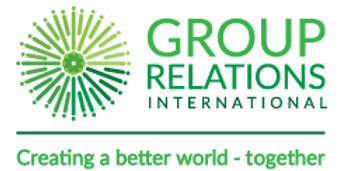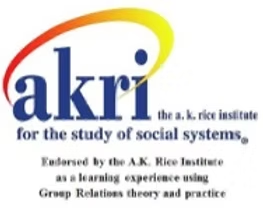PRIMARY TASK
The primary task of a group relations conference is to provide individuals with a space to explore the complexities of group and organizational behavior. By using systems psychodynamics as a theoretical framework, participants gain a deeper understanding of the emotional and unconscious forces that influence group dynamics.
By bringing together a diverse group of individuals from various backgrounds and professions, we create a unique learning environment where participants can examine their own assumptions, beliefs, and behaviors in relation to the group dynamics. Through experiential learning, participants learn to recognize both the conscious and unconscious forces that shape how groups form, evolve, and potentially disintegrate over time.
In the context of this conference, the task will also include examining the systemic realities of diversity, equity, and inclusion.
For someone who has never attended a group relations conference or has little knowledge of systems psychodynamics, the experience can be invaluable, yet potentially unsettling. The conference provides participants with an opportunity for deep self-reflection and self-discovery. By developing a deeper understanding of group dynamics, participants can become more effective leaders, collaborators, and team members. This understanding could also help address issues in secondary and higher education, local and state government systems, think tanks, non-profits, and more.
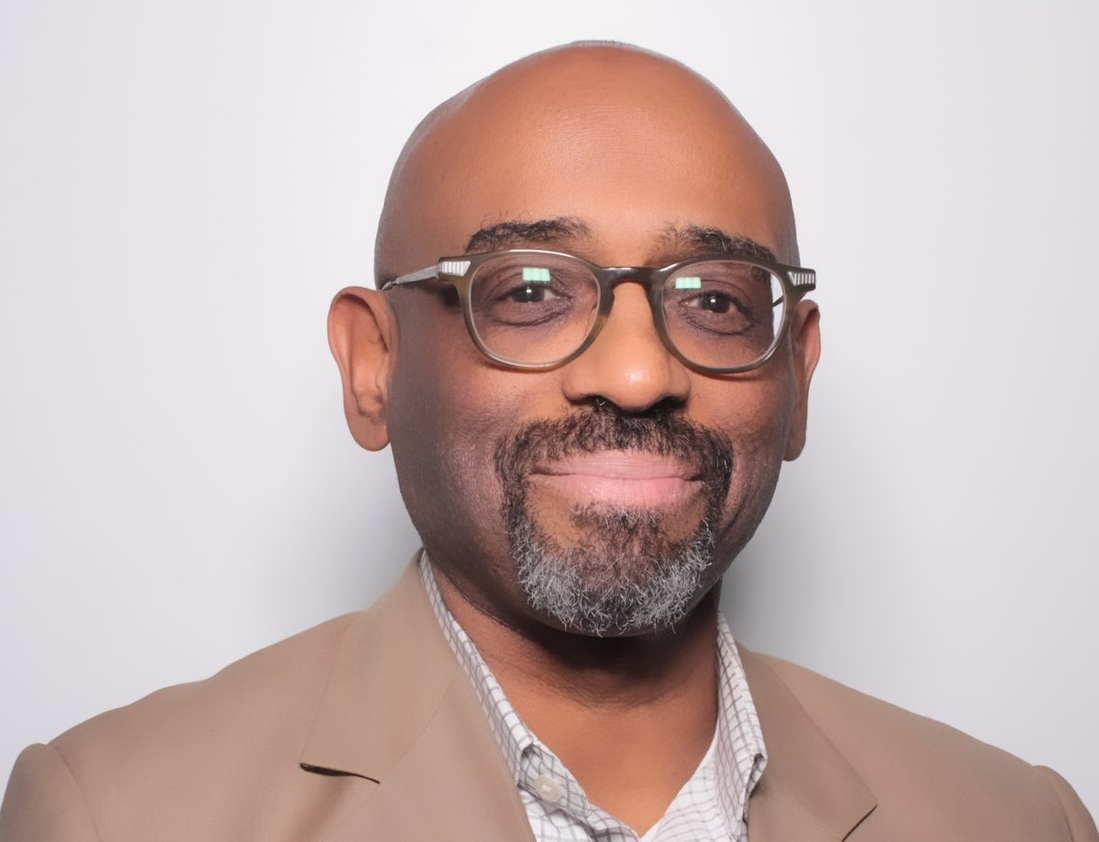
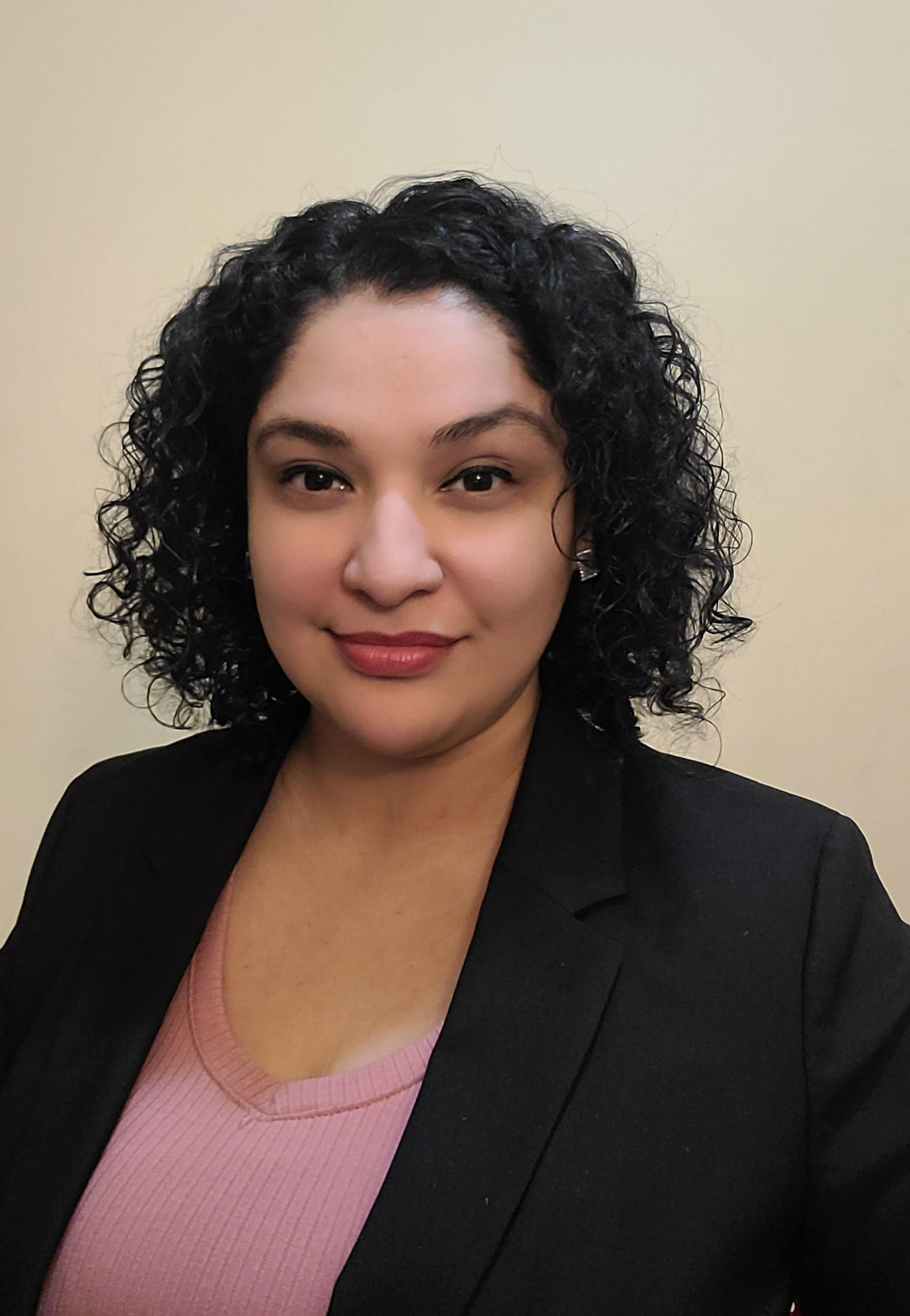
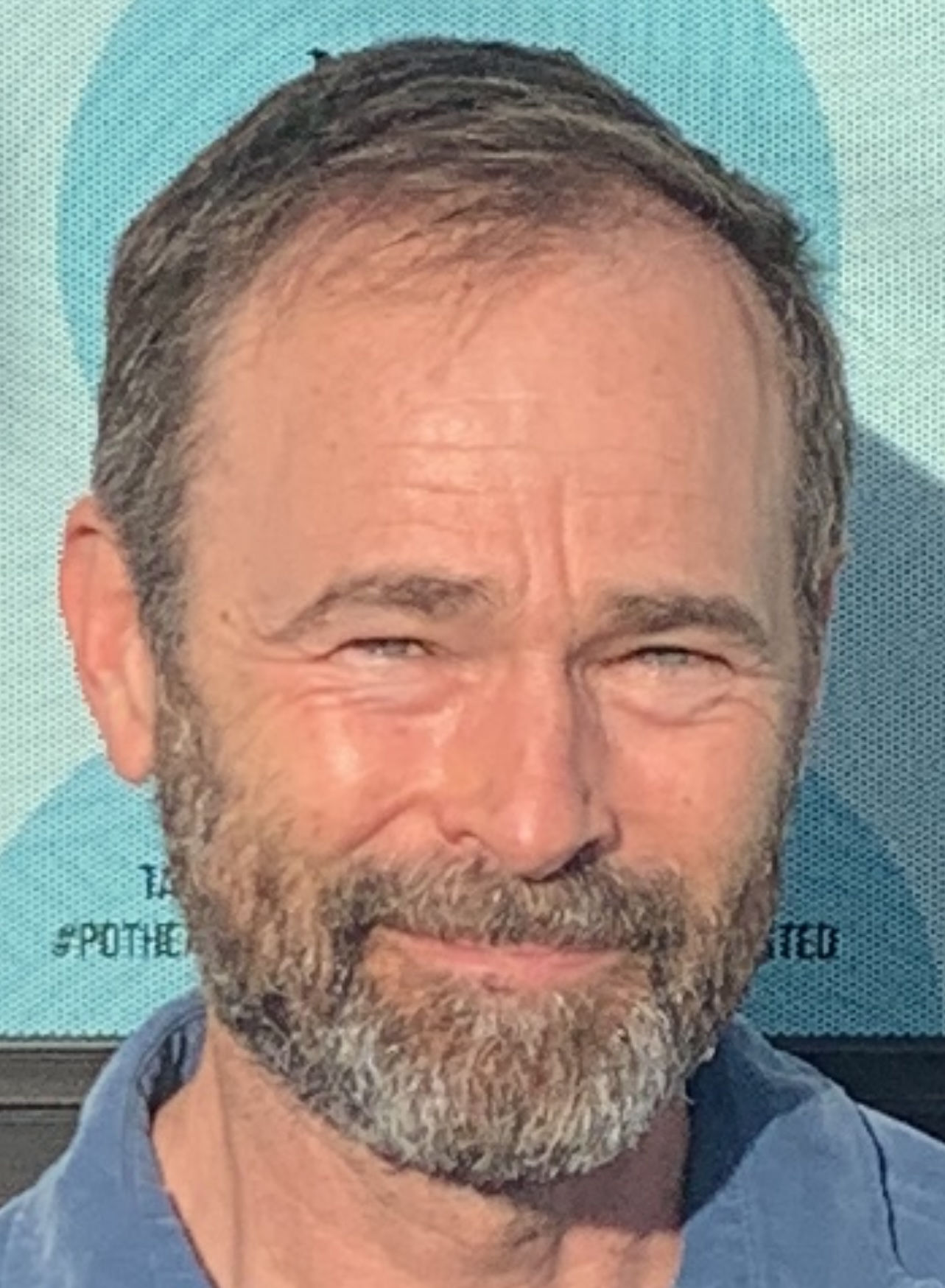
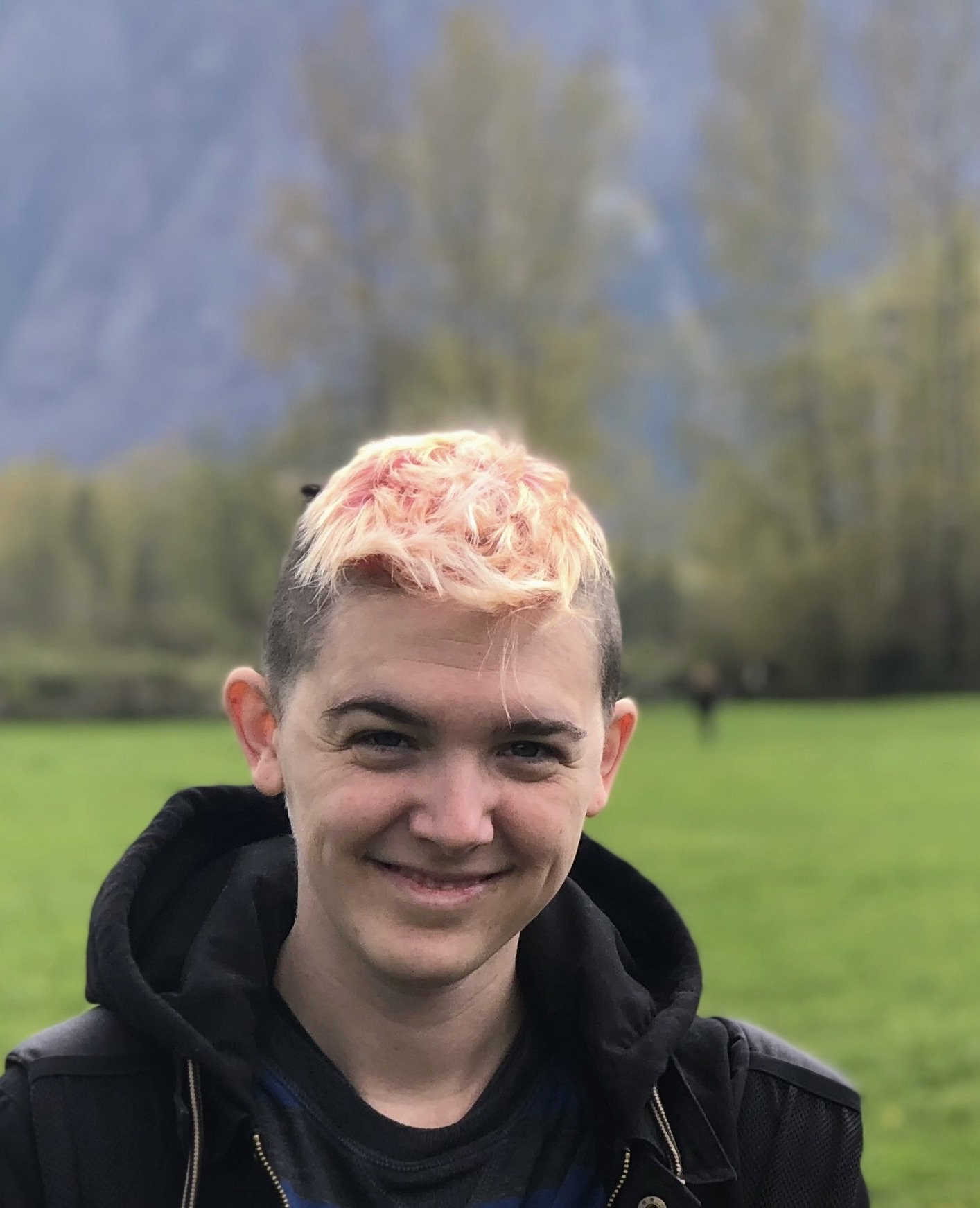
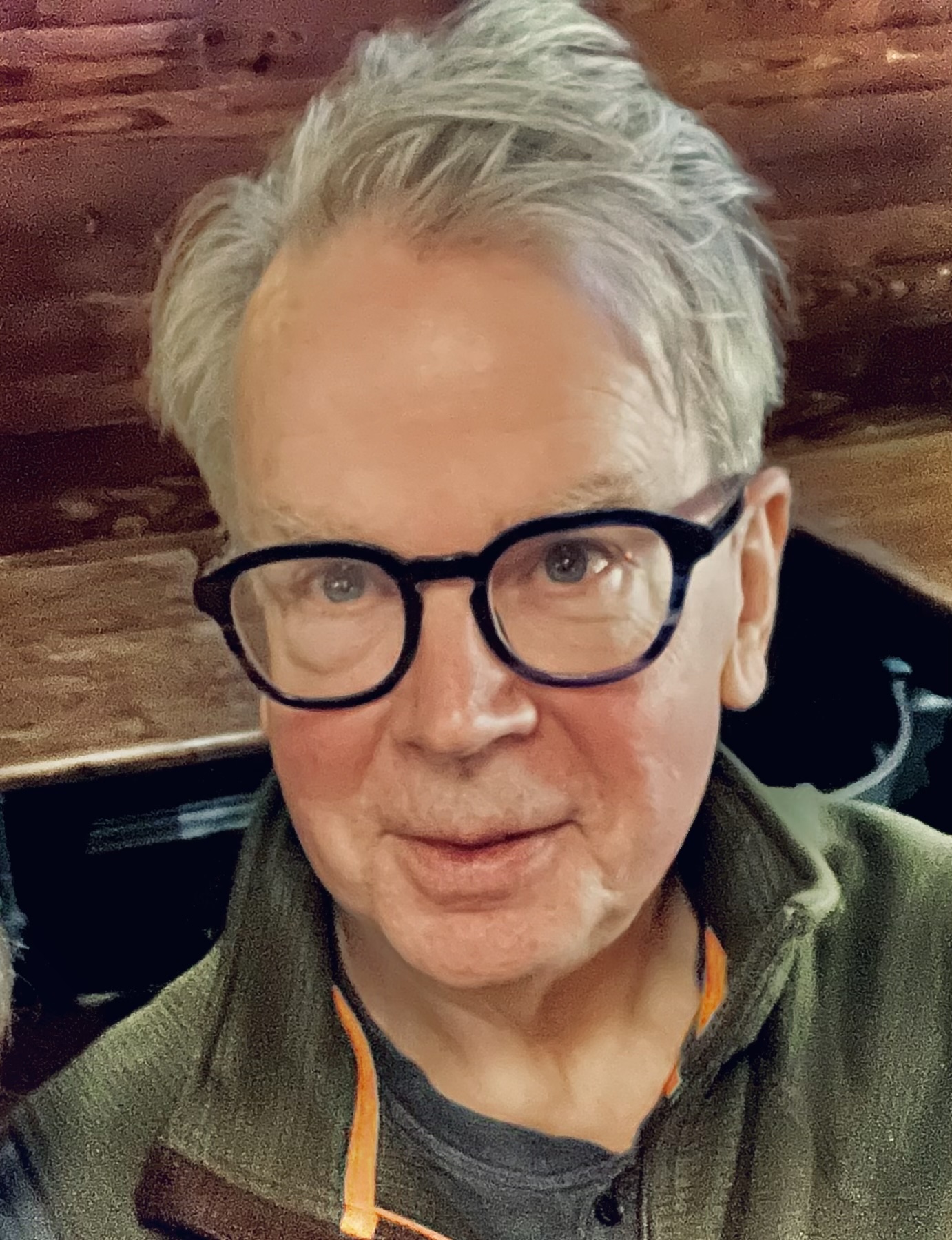

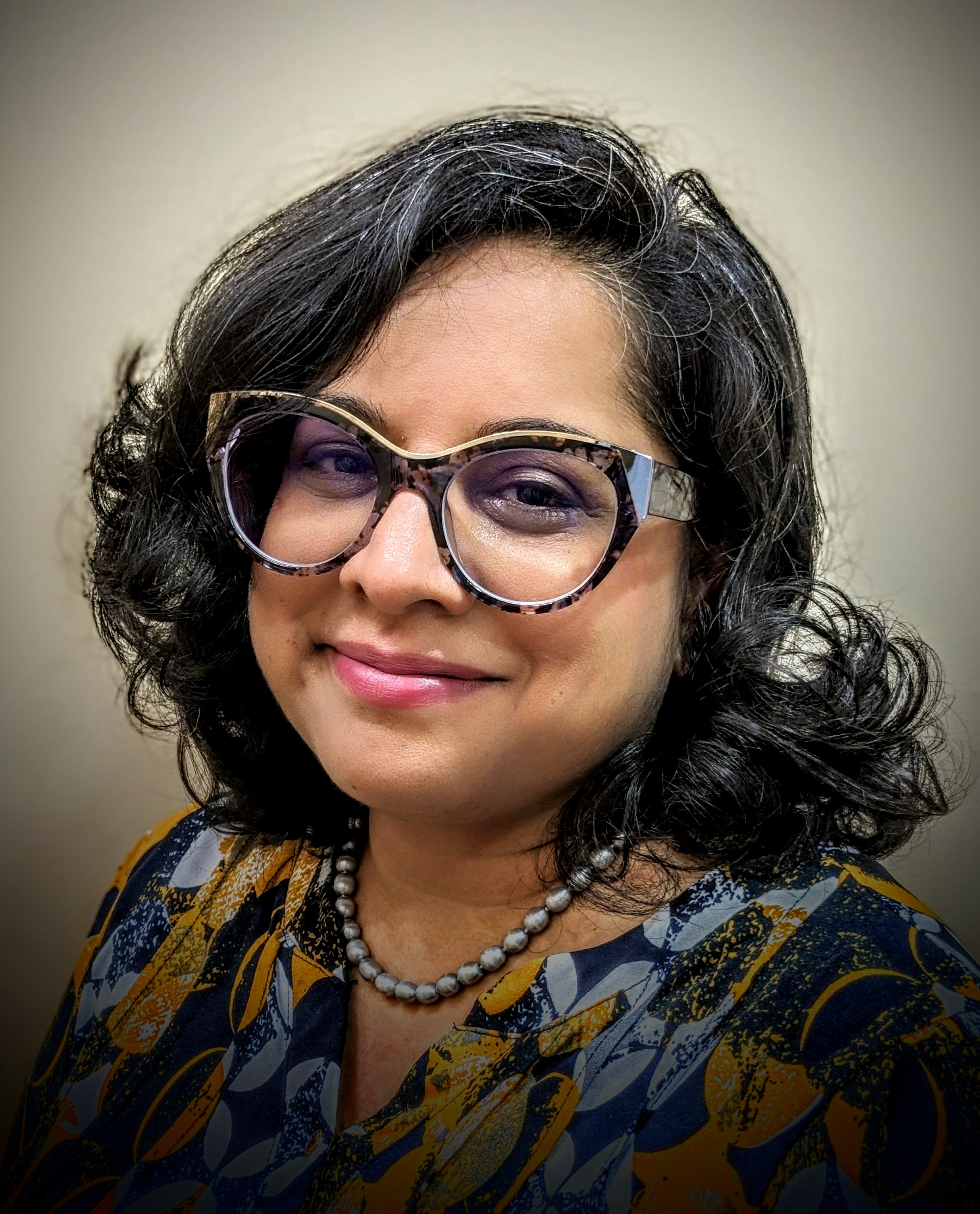
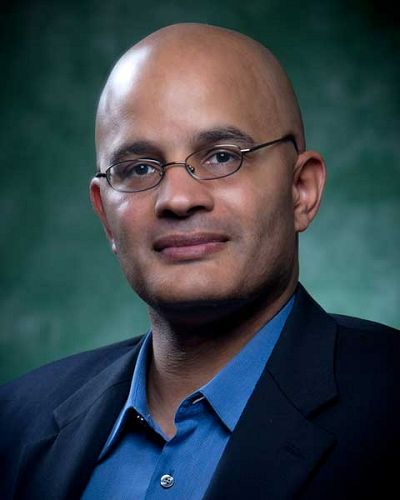
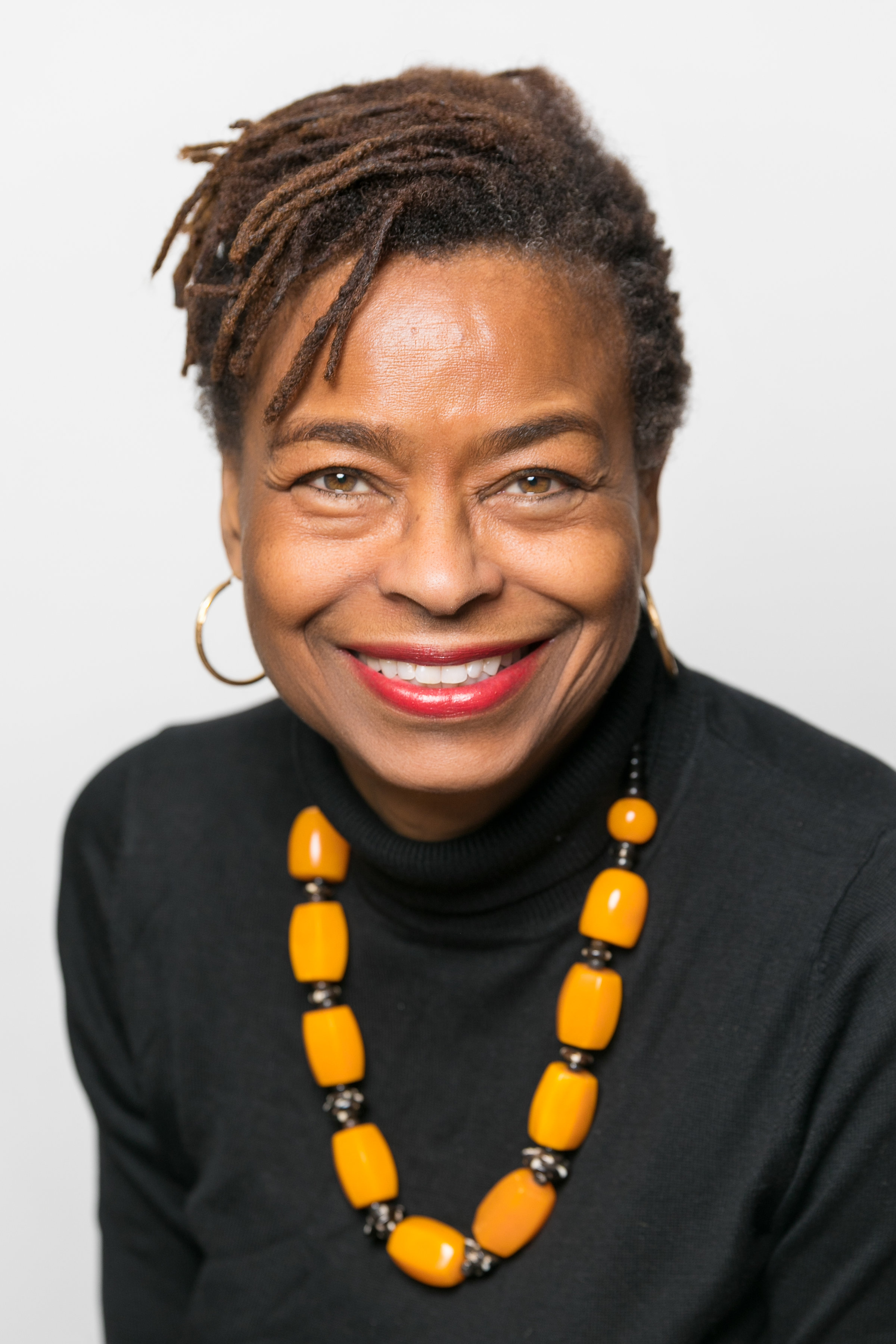

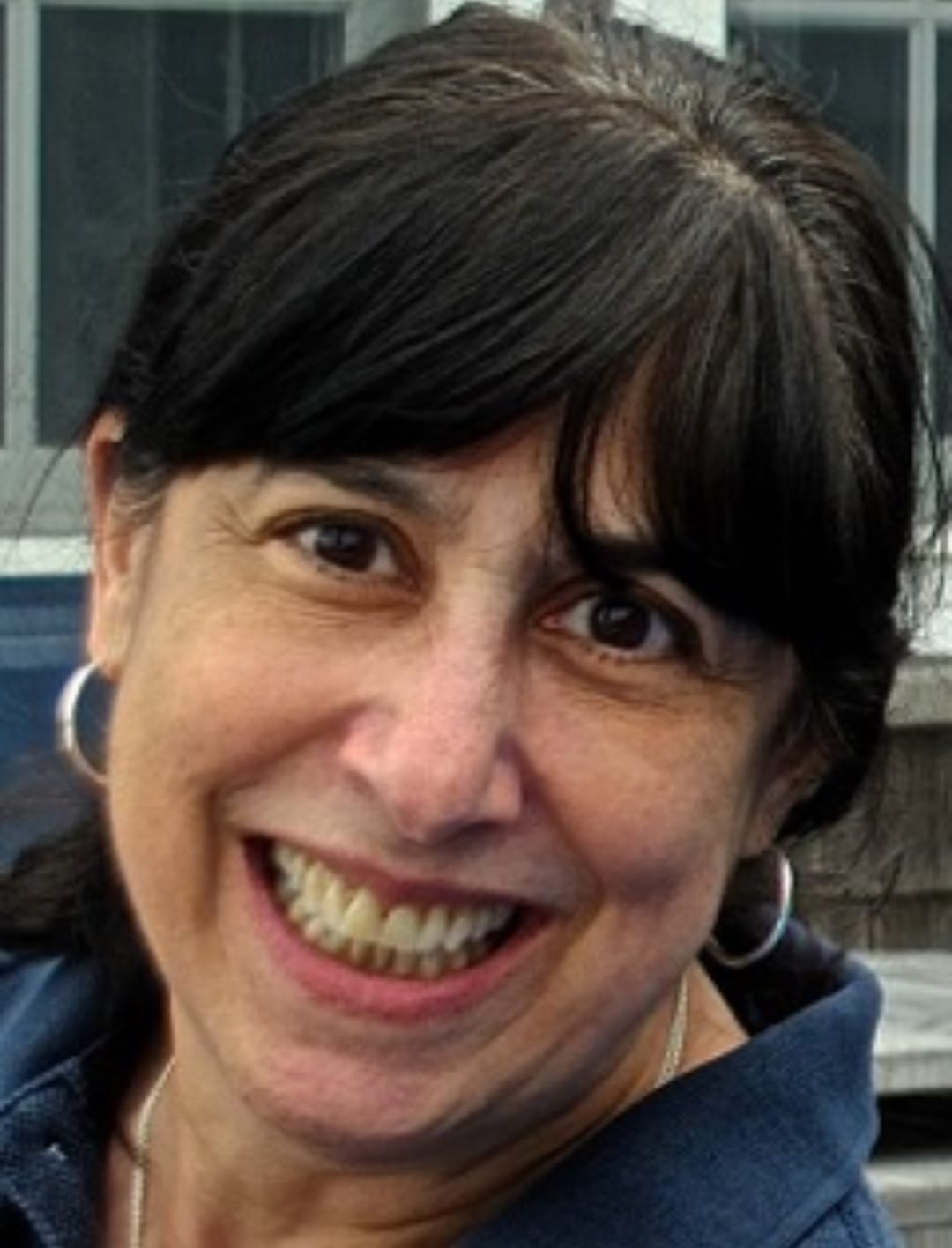
.jpeg)
